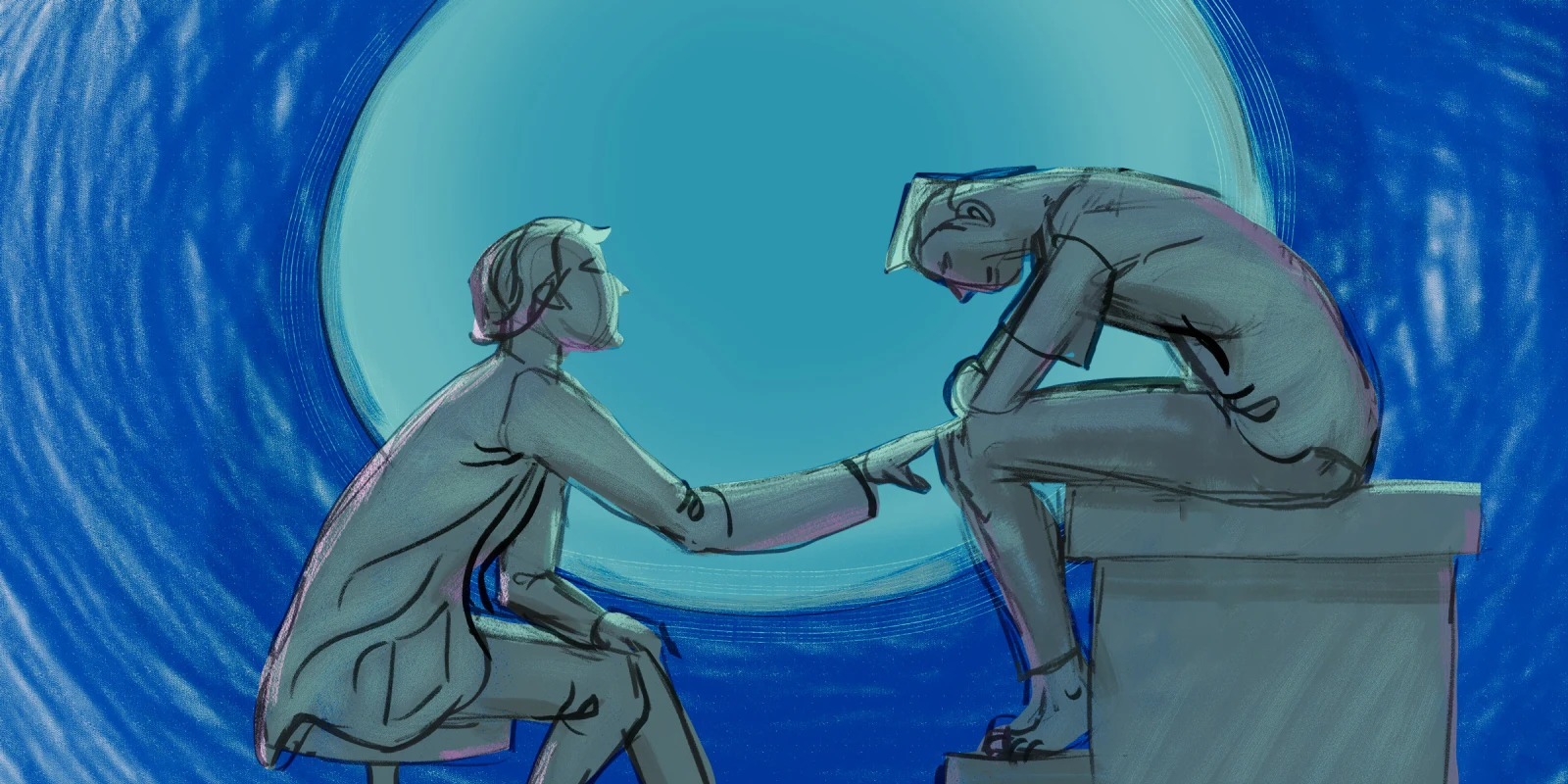It is essential to acknowledge that sexual violence — any unwanted sexual act — affects individuals of all genders and backgrounds. The CDC published a report that found that 1 in 4 men in the U.S. had experienced some form of sexual violence through contact in their lifetime. The majority of male victims who were forced to penetrate in an attempted or completed rape had their first occurrence prior to the age of 25 years old. In fact, around one-quarter of these male victims (equating to two million individuals) experienced their first sexual trauma before 18 years old. As physicians, we have a unique opportunity to support sexual trauma survivors by offering trauma-informed care that prioritizes their emotional and physical well-being. This particular type of trauma can have both immediate and lifelong health consequences.
Early during my psychiatry residency training, I worked with a patient who came into the hospital after waking up naked with rectal pain. He had recently relapsed on multiple substances, including cocaine and alcohol. Upon arriving to the hospital, he expressed his concern for being raped. Unfortunately, over the week he was in the hospital, we focused more on his substance use than his recent sexual assault.
When I first sat down with him to gather more information on his health history, I didn’t bring up his recent assault out of concern that he wouldn’t want to talk about it. However, I never asked him explicitly whether he would like to talk about it, so I did not provide him with the autonomy of choice. When he stated it was “all his fault,” I automatically responded, “No, it is not your fault.” To which he responded, in shock, “Really?” I repeated the trauma-informed statement and returned to the medical interview.
As I walked out of the hospital room, it hit me that he was probably not talking about his substance relapse, but about his sexual assault. I had educated him about the cycle of addiction, and how this was just a stage of the addiction that he could once again overcome. Even though this was a respectful and educational conversation, I don’t believe that was what he needed from me at that moment.
To note, he had even stated he was having trouble having a bowel movement. Instead of recognizing that as a consequence of the sexual assault, I offered him a bowel regimen without thinking critically about the causes. It was possible he could be experiencing an anal fissure leading to painful evacuation. Additionally, I should have offered to do a pelvic floor exam with my attending physician. Instead, I just assumed that this was completed in the ER per the rape protocol. However, I wasn’t convinced that happened since I did not see a forensic note in the EMR.
It bothered me because as a psychiatry resident, I have always aspired to take care of individuals after a trauma crisis. Unfortunately, I had just been offered the opportunity, and instead, I focused on his addiction. Even though I had used trauma-informed phrases and strategies, which I teach other physicians and medical students, I felt like I had failed my patient.
I recognize that I am being hard on myself, and I’m sure I did the best I could’ve done in the moment. However, I also notice the unconscious social and medical bias that influenced my behaviors. These biases surround the notion that individuals who identify as female or women are the ones who experience rape. In turn, after an individual states they have been assaulted, we frequently jump to pregnancy and infectious disease prevention. Even though in our patient we did order a STD/HIV panel, it seemed to be an afterthought.
There are multiple health impacts and health care gaps that sexual assault survivors face. Scholars have found that male rape victims face devastating impacts on their mental health and self-image surrounding “masculinity.” A systematic review found that there was a statistically significant association between sexual trauma and lifetime mental health diagnosis of anxiety, depression, eating disorders, PTSD, sleep disorders, and suicide attempts. These associations persisted regardless of the victim’s gender, sex, or age of sexual trauma.
Additionally, there is a fundamental trust gap stemming from individuals not believing them, including male victims. Survivors are frequently mistrusted and degraded to make them think that the assault was their fault. Let’s be clear: It is NEVER the victim’s fault. One should not blame a survivor for their responses during and after the trauma. When a physician confronts the patient, asking why they didn’t “fight,” this increases a survivor’s self-blame, leads to health-care resistant behaviors, and increases the chance that they will develop PTSD and other health conditions.
From natural trauma responses being disregarded to actually perpetuating further emotional trauma by blaming a patient, there needs to be serious education surrounding trauma-informed health care. This mistrust of physicians can further lead survivors to silent suffering, usually for years, with physical, emotional, and interpersonal consequences. This disengagement with the medical system is actually an expected trauma response as a protective mechanism to achieve safety. Individuals with a history of sexual trauma have increased odds of experiencing long-term physical health conditions, including chronic pain, IBS, pelvic pain, and frequent headaches. In addition, with mental health conditions such as PTSD, individuals can struggle with feeling alone, difficulty expressing their emotions, and significant guilt and self-blame. It also becomes significantly difficult to learn how to trust others and have meaningful intimate relationships.
As physicians, we should withhold the need to speak and make everything better. Aim to remain silent and give a safe space to listen, including using soft eye contact and an open body posture. We can provide meaningful support to these individuals, even if we only care for them for a short period of time. One can do this by first recognizing the built-in protective mechanisms in response to trauma. Second, create a judgment-free zone by validating a patient’s emotions rather than blaming. Through the small act of passing them a box of tissues to wipe their tears, one activates a parasympathetic response, demonstrating safety in the expression of emotions. Third, train your own natural responses by becoming comfortable with your own emotions, and have a positive regard for the patient. Fourth, understand that trauma has a long-term impact on physical and mental health. Lastly, collaborate with an interprofessional team that can provide further support to patients such as social workers and other mental health professionals.
Educating ourselves on the consequences of male rape is imperative to inform the development of clinical management that is specifically and contextually tailored to the health needs of men post sexual trauma. By fostering a safe environment, validating their experiences, and understanding the biological and psychological effects of trauma, we can help male victims and survivors regain trust in the health care system and take steps toward healing. While we may not always be perfect, reflecting on our actions and learning from them is vital to improving our approach and closing gaps in care for all survivors. Sexual assault is never the survivor’s fault, and with intentional, compassionate care, we can contribute to a system where survivors feel believed, supported, and empowered to heal.
Stephanie Moss, MD, a psychiatry resident, is dedicated to addressing mental health disparities and advocating for individuals with marginalized identities. She hosts the podcast "Life as a Patient-Doctor," which emphasizes the humanity in medicine. Dr. Moss is a 2024–2025 Doximity Op-Med Fellow. Connect with her @medpsycmoss on social media.
Illustration by Jennifer Bogartz





